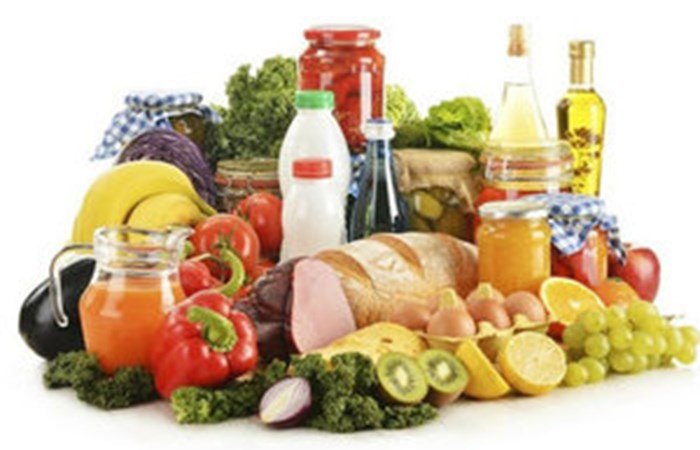Government Chemist

The following lists of standards were published by the European standardisation organisation, CEN, during the period June to August 2017, some of which are relevant to chemical measurement in support of food regulation.
EN 16995:2017 - Foodstuffs - Vegetable oils and foodstuff on basis of vegetable oils - Determination of mineral oil saturated hydrocarbons (MOSH) and mineral oil aromatic hydrocarbons (MOAH).
Mineral oil saturated hydrocarbons (MOSH) consist of linear and branched alkanes, and alkyl-substituted cycloalkanes, whilst mineral oil aromatic hydrocarbons (MOAH) include mainly alkyl-substituted polyaromatic hydrocarbons.
Major sources of mineral oils in food may arise from food packaging and additives, processing aids, and lubricants used in food production and can have a potential adverse health effect.
This standard describes a method for the determination of saturated and aromatic hydrocarbons (from C10 to C50) in vegetable oils and food. The method uses on-line high performance liquid chromatography coupled to a gas chromatograph with a flame ionisation detector (HPLC-GC-FID). The method has been validated in an inter-laboratory trial using samples containing naturally contaminated and spiked MOSH and MOAH in vegetable oil samples, mayonnaise and margarine samples. The method has been proven suitable for determining MOSH and MOAH concentrations above 10 mg/kg in samples.
In case of suspected interferences from natural sources, the mineral origin of the MOSH and MOAH fraction can be verified by examining the fragmentation patterns using a gas chromatography coupled to a mass spectrometer detector (GC-MS).
CEN/TS 17083:2017 - Foodstuffs - Determination of acrylamide in food and coffee by gas chromatography-mass spectrometry (GC-MS)
Acrylamide is a substance that naturally forms in starchy food products during high-temperature cooking, including frying, baking, roasting and therefore can be found in wide range of foods including roasted potatoes and root vegetables, chips, crisps, toast, cakes, biscuits, cereals and coffee. Studies on laboratory animals have shown that exposure to acrylamide through the diet increases the likelihood of developing gene mutations and tumours in various organs.
This technical specification* provides a method for the determination of acrylamide in cereal-based products, potato-based products and coffee by gas-chromatography linked to a mass spectrometer detector (GC-MS). This was a single-laboratory validated method using acrylamide spiked samples in bread, water biscuit, infant cereal, biscuit, green coffee, roast coffee and instant coffee in the range 30 ?g/kg to 1,500 ?g/kg.
EN 16995 and TS 17083 have been developed in accordance with European Commission Mandate M/463 to prepare standards for the determination of food contaminants implementing the framework of Regulation (EC) No 882/2004 on official controls performed to ensure the verification of compliance with feed and food law, animal health and animal welfare rules.
Further information on food legislation can be found on the Government Chemist website:
*A Technical Specification (TS) is an alternative normative document to a European Standard (EN) providing specifications for methodologies and/or evolving technologies.
